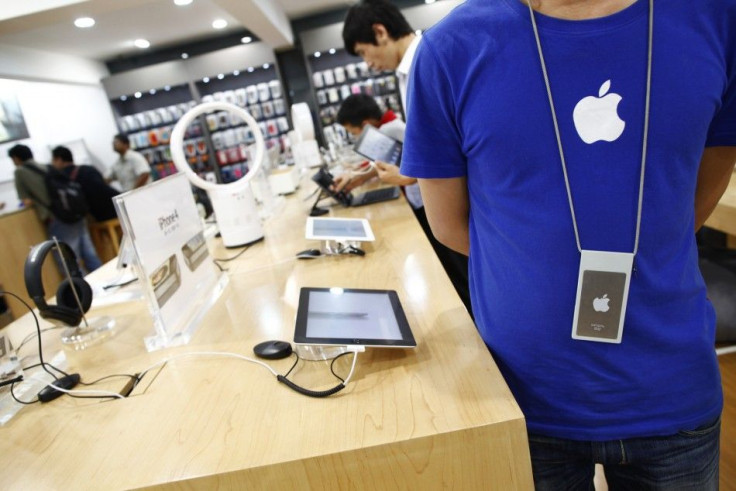Fake Apple Store Count in China Reaches 22

Chinese authorities in the city of Kunming have now uncovered a total of 22 fake Apple stores.
On Friday, city officials released more details of the fake stores, 11 of which are currently under investigation. Two stores have officially been shut down.
Following the "Anti-Unfair Competition Law," all vendors were ordered to remove fake Apple trademarks, logos and decorations by Wednesday. This included door stickers, promotional signage and clothing, according to posting on the Kunming government Web site.
News of the stores shutting down comes just days after fake iPhone 5 devices were spotted in China. The "HiPhone5" sells for as little as $31 through China's top e-commerce platform, Taobao, according to Reuters. Recent buzz about the iPhone 5 expects Apple to make an announcement of some sort in September.
On July 20, American blogger BirdAbroad posted the first images of fake Apple stores in Kunming, under a post titled "Are you listening, Steve Jobs?"
"You have already guessed the punchline, of course: this was a total Apple store ripoff. A beautiful ripoff - a brilliant one - the best ripoff store we had ever seen (and we see them every day). But some things were just not right: the stairs were poorly made . . . Apple never writes "Apple Store" on its signs - it just puts up the glowing, iconic fruit," BirdAbroad wrote.
The same night, the blogger found two more fake Apple stores, sparking international interest before Chinese officials kicked in. Some workers even thought they were working for the real company, according to the blogger.
"The stores I photographed do not appear to be authorized Apple sellers. The list of resellers in Kunming that Apple's website has published does not include the locations that I photographed . . . Apple itself has confirmed that it is a fake," BirdAbroad later added.
On Aug. 2, Apple's Shanghai office submitted a complaint to the Kunming Trade and Industry Bureau, citing that "a number of shops registered trademark infringement and unfair competition," officials confirmed on Friday.
Officials in Kunming have since set up a complaint hotline for citizens to report on any additional fake Apple store sightings.
© Copyright IBTimes 2024. All rights reserved.











